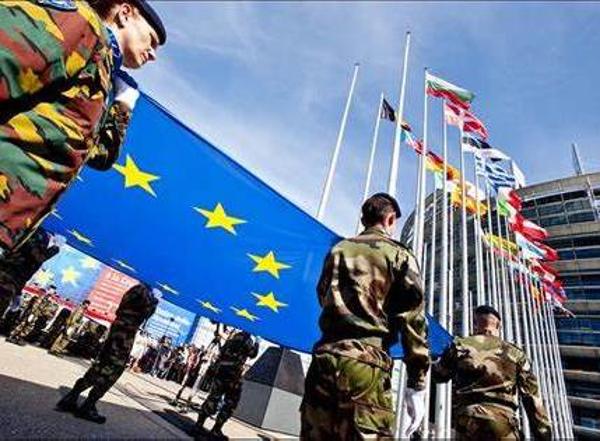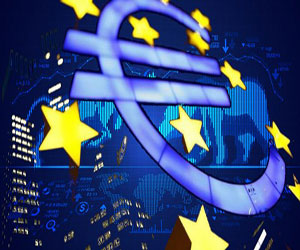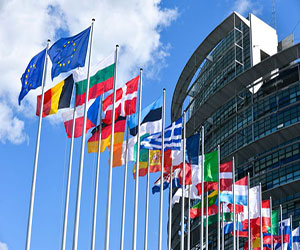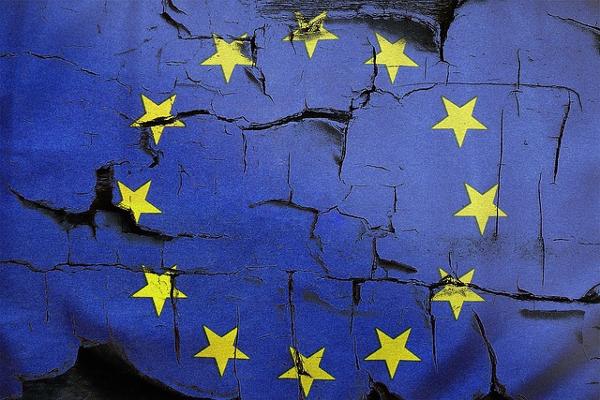Regardless of the strategic interpretation one wants to give, two political truths emerge from the Afghan crisis. On the one hand, there is no doubt that the withdrawal of the American Army is the direct son of an "America first" doctrine, which has always been present in American culture. On the other hand, the defeat of the European Union is evident: the EU, even taking into account the very limited powers at its disposal, has proved to be totally absent in the management of both its political and military presence as well as of the withdrawal. We are facing a reduction, if not a departure, of the United States from the world stage: this new situation will have dramatic consequences on Europe, both in terms of the impact on the values and interests that are represented and on the model of constitutional organization that we define as democratic. Without even entering into the discussion of whether "our" democracy is exportable, the unresolved question that is at the basis of the foundation and development of the European experience once again emerges. Faced with the aggressiveness of different institutional and economic models in a globalized world which do not necessarily recognize the values that we consider as universal, will the old European states be able to protect those same values within the narrow borders of their national sovereignties?
In the two-year period 2020-21, the crisis of national sovereignties appeared evident in three breaking points. The pandemic has demonstrated the inadequacy of alleged national monetary sovereignties. The same happened for the Afghan crisis which exposed the inability of individual national structures to face and manage the world crisis, leaving the Union and individual European states at the mercy of the political and of the military options of the United States and of the States closer to the crisis’ epicenter (Russia, China, Turkey, India, Pakistan, Iran).
The Union responded to the pandemic with the Next Generation EU, starting to build a piece of European sovereignty in the monetary sector, with individual states having ⎼ to use the words of the Italian Constitution ⎼ allowed, “on equal terms, to the limitations of sovereignty necessary for an order that ensures peace and justice among nations”. The Afghan crisis must find a similar response, by relaunching a new European sovereignty in both foreign and security policies. The political discussion, both at a national and at a European level, is finally taking on this perspective, trying to identify the institutional tools to strengthen these policies. Then there is forth point of crisis, nevertheless connected to the first three: the true modern sovereignty today lies in the ability to independently manage infrastructures and data circulation. If Europe wants to affirm its own line of approach to the construction of a new digital society, based on the respect for its values and which is independent from the competitive US model and from the Russian and Chinese authoritarian ones, it must equip itself with autonomous infrastructural tools: in a world that is destined to be governed by artificial intelligence mechanisms, not being able ⎼ due to lack of infrastructures ⎼ to exercise choices independently means having lost the game from the beginning.
Institutional consequences must be drawn from all this. Having two split figures, the President of the Commission and the President of the European Council (EC), is a source of uncertainty, delays, and mutual lack of responsibility. After Lisbon, it is clear that Europe has two engines, the intergovernmental one (the EC) alongside the Community one (the Commission). The first engine is a sort of collective Head of State of a (semi) presidential form of government like the French one, the second works along the lines dictated by the collective Head of State, seeking the confidence of the political representation (Parliament) and of the territorial one (the Council). Unifying the two figures of the President of the Commission and the President of the EC, which is permitted by the Treaties, would bring the two chains of command closer together and would allow the European Parliament, through the instrument of the motion of no confidence against the President of the Commission, to censor ⎼ albeit indirectly ⎼ the behavior of the collective Head of State. In the framework just outlined, the Commission should have four Vice-Presidents, appointed by extending the procedure referred to in Article 18 TEU, corresponding to the four areas in which European sovereignty must grow: monetary policy, foreign policy, military policy, infrastructure and digital. Once the line of government is dwindled and rationalized, it would be necessary to further decrease and rationalize the lines of connection between the European Parliament and national Parliaments: here it is possible to work with flexibility and imagination on Parliament’s rules of procedure, for example by allotting sessions in which the European committees of the presidents of the corresponding national parliamentary committees meet together.
According to a well-known adage, Europe regains its momentum in times of crisis. But at this point it is difficult to escape a question: are the long times inevitably required for the involvement from below and that are foreseen by the Convention for the Future of Europe compatible with the short time that the response to a dramatic crisis that suddenly broke out necessarily requires? Or must the reaction realistically start from above, as just happened during the pandemic? Wouldn't the Commission’s technical preparation, the institutional decision by the Foreign and Defense Councils of Ministers, a political decision taken by the European Council, and a parliamentary debate approving these guidelines be an adequate, timely and democratically correct form of response? Can Europe, can European citizens afford the times of the Convention, in the name of a misunderstood conception of seeking consensus, almost as if the consent sought and obtained through the mechanisms of the Treaties were inevitably of lesser value, since it was built through the instruments of representative democracy?
(la versione italiana del contributo è stata pubblicata su Milano Finanza del 07/09/2021)
In search of European sovereignty






















